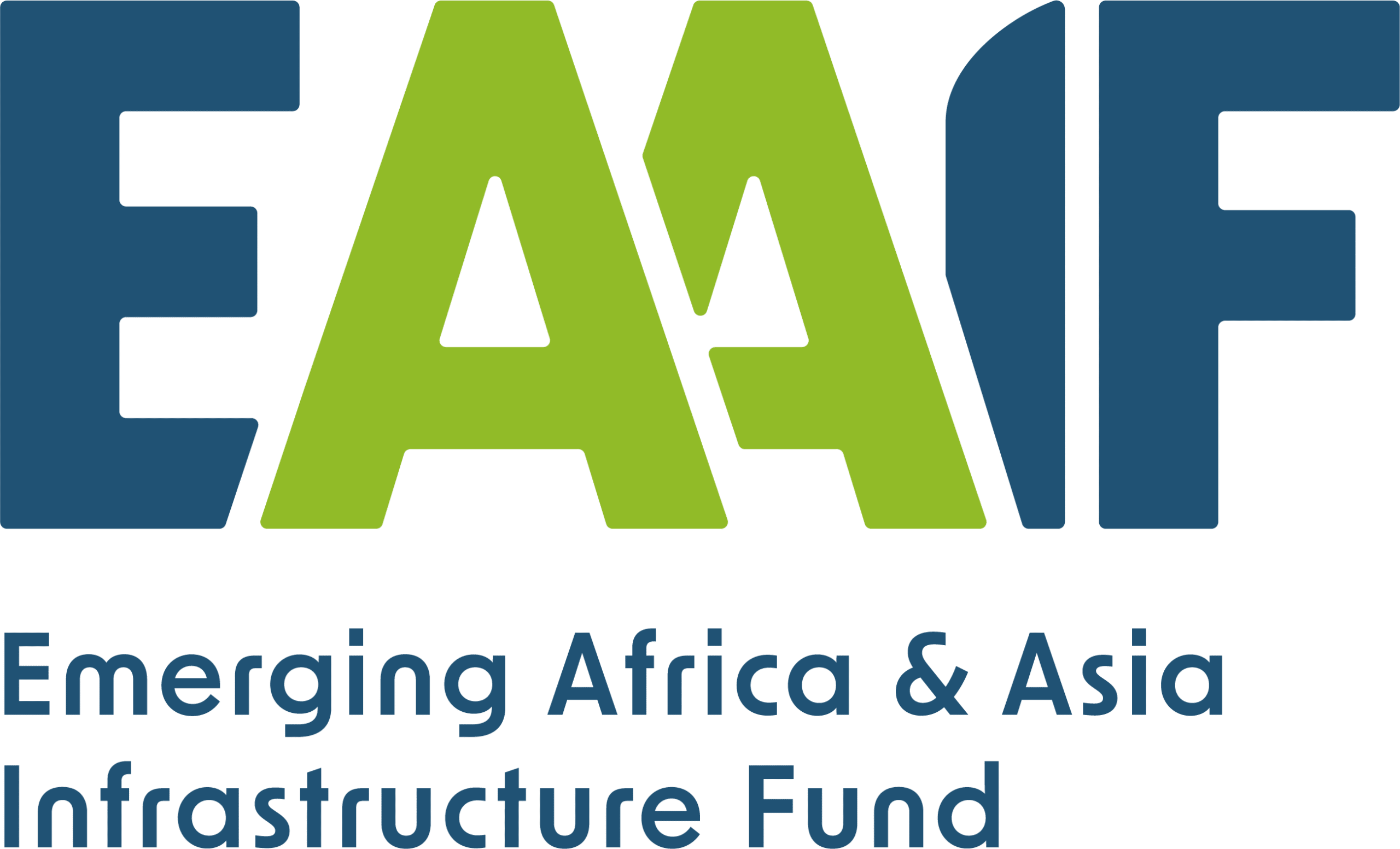
EAIF COMMITS UP TO XOF 30 BILLION TO LAUNCH WEST AFRICA’S FIRST SOCIAL ASSET-BACKED SECURITY, TARGETING 100% ELECTRIFICATION IN CÔTE D’IVOIRE
The Emerging Africa Infrastructure Fund (EAIF), a Private Infrastructure Development Group (PIDG) company, has committed up to XOF 30 billion (equivalent to USD ~ 48 million) to launch West Africa’s first ever social asset-backed security. The XOF 60 billion (equivalent to ~ USD 96 million) bond will be issued by special purpose vehicle Fonds Commun de Titrisation de Créances Electricité Pour Tous (FCTC EPT) in local currency, building towards universal access to electricity in Côte d’Ivoire.
The first phase of the security, backed by revenue from energy tariffs collected from the launch of the government-led Electricity for All (PEPT) programme, will modernise the country’s power sector. Improving access to energy and boosting economic productivity, predominantly in rural areas, the bond will enhance sustainability across the energy industry, in line with the PIDG ambition to achieve the UN’s Sustainable Goal on Affordable and Clean Energy (SDG 7).
EAIF will act as a co-investor, deploying capital in two tranches alongside the International Finance Corporation (IFC). The combined commitments of up to XOF 60 billion will encourage participation by local investors. Africa Link Capital is serving as the mandated lead arranger with distribution being managed by local brokers BoA Capital Securities and NSIA Finance. The instrument has been certified as a social bond, having received a second party opinion from ratings agency Moody’s.
As part of the PEPT programme aimed at achieving 100% electrification across the country, the implementing agent – Compagnie Ivoirienne d’Électricité (CIE) – will use the proceeds of the bond to substantially expand last mile connectivity. This will contribute to financing the connection of up to 800,000 additional low-income households to the national grid over the next four years, supporting SDG 7. The landmark transaction also aims to ensure the longevity of the Ivorian energy sector by installing prepaid meters to improve revenue collection.
Deepening the role of local capital markets in financing critical development priorities across Côte d’Ivoire, the issuance builds on EAIF’s growing track record of anchoring social and green impact bonds. In addition, it increases EAIF’s local currency commitments in West Africa, previously anchoring a bond issued by telecoms giant Sonatel and investing in a bond funding the relocation of West Africa’s third busiest seaport.
The asset-backed security is a first for EAIF and cements the fund’s status as an essential partner in growing the country’s energy sector. Côte d’Ivoire is EAIF’s largest country exposure, with all investments designed to strengthen the burgeoning power sector.
Launched in 2014, PEPT has achieved over 1.6 million connections to date. Revenue collected from energy tariffs over this period will be used to back the bond and support expansion of the programme in mainly rural areas, where access to electricity is much lower than urban areas. Targeting low-income households will empower marginalised communities and boost overall economic equality in the country.
Enabling customers to top-up prepaid meters from mobile phones strengthens revenue collection, which is critical to improving sustainability of energy sectors across the continent. Modernisation of the country’s energy sector is reflected in a novel approach to infrastructure financing, marking a first-of-its-kind transaction in the region.
Commenting on the transaction, Folatomi Fayemi, Investment Specialist at Ninety One, fund manager of the Emerging Africa Infrastructure Fund, said, “We are delighted to play a pivotal role in improving the lives and prospects of Côte d’Ivoire’s most underserved communities, while signalling the possibilities of financial innovation to the rest of the market. By breaking new ground with this transaction, we hope to accelerate and deepen the participation of domestic capital markets in Africa’s sustainable development.”
